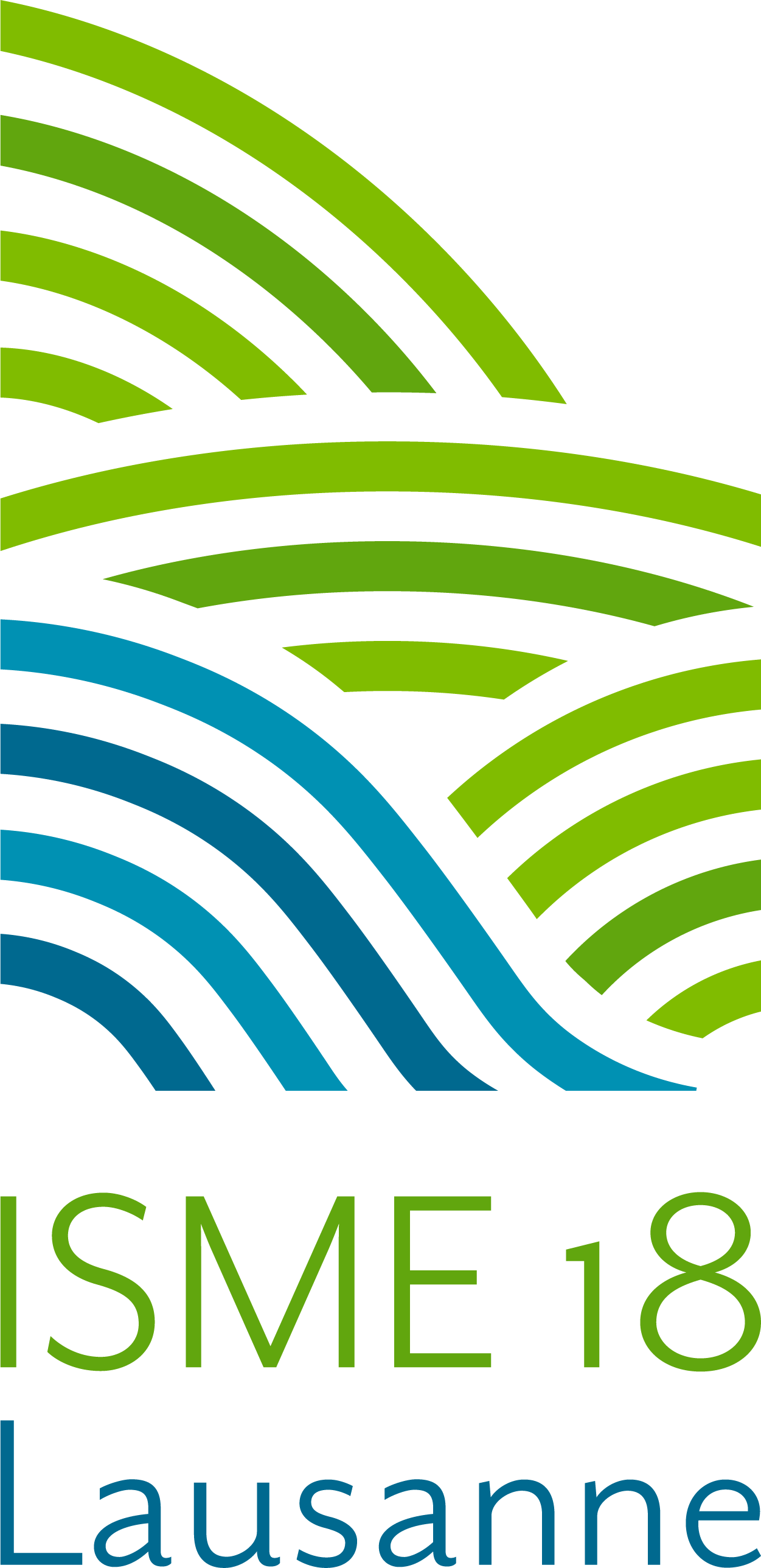Monday 15 August
PS01 - Marine microbial ecology
PS02 - Microbial ecology of viruses and phages
PS03 - Plant microbial ecology
PS04 - Early Career Researchers Session: Scaling our frame of reference: microbial ecology across space, time and phylogeny
PS05 - A theoretical perspective on microbiome dynamics
PS06 - Global biogeochemical cycles
PS07 - Newly discovered branches of the tree of life
PS08 - Ecological drivers of microbes in foods
PS25 - Microbial ecology of antimicrobial resistance
Tuesday 16 August
PS09 - Evolution of microbial communities
PS10 - Computational and experimental approaches in microbial ecology - from bulk community to single-cell approaches
PS11 - Metabolic interactions in microbiomes
PS12 - Translational microbial ecology and One Health
PS13 - Engineering microbial communities
PS14 - Spatial organisation of microbial communities
PS15 - Computational models to understand microbial ecology
PS24 - Freshwater microbial community dynamics and ecosystem functions
PS26 - Extreme environment microbial ecology
PS27 - Warfare and cooperation in fungal interactions with other biota
PS29 - Microbes in a changing world: resilience, responsiveness and resources
Thursday 18 August
PS16 - Soil microbial ecology
PS17 - Microbial ecology of the built environment
PS18 - Host-microbe associations across the animal Tree of Life and beyond
PS19 - Molecular aspects of microbes-microbes - microbes-host interactions
PS20 - Controlling microbiome composition, one strain at a time
PS21 - Deep subsurface microbial ecology
PS22 - Synthetic biology in microbial ecology
PS23 - Drivers of microbial invasion success
PS28 - Microscale and biophysical interactions in microbial ecosystems
PS30 - Microbial chemical interactions and communication
PS31 - Microbiomes and us: integrative research across the globe
